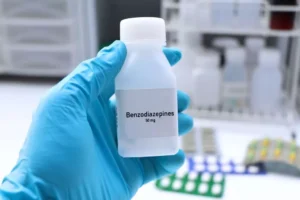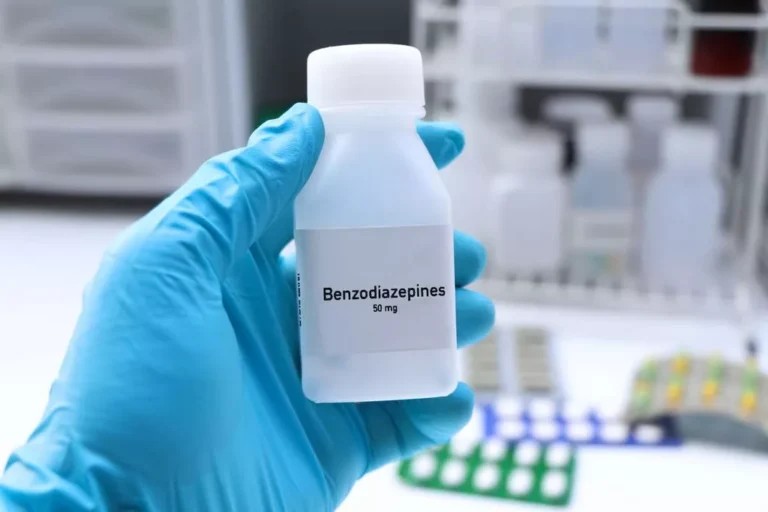
The primary symptoms of stage four include all-consuming alcohol use, health problems, and dangerous withdrawal symptoms. End-stage alcoholism, also known as late-stage alcoholism, is the most severe. While alcoholism is considered a chronic disease, it can be managed successfully.
What are the Stats On Rehab and Recovery?

It involves a thorough evaluation of drinking habits, physical health assessments, and psychological screenings. Early diagnosis =https://ecosoberhouse.com/ can significantly enhance the effectiveness of treatment interventions. As mentioned in this article, you can support recovery by offering patients AUD medication in primary care, referring to healthcare professional specialists as needed, and promoting mutual support groups.
General Health
Drinking gets harder to hide from family, friends and employers, and work and relationships begin to suffer. Withdrawal symptoms are experienced during early stage alcoholism. However, support groups, such as Alcoholics Anonymous (AA), can provide alcoholics with a sense of community. Although AA isn’t therapy, individuals can find sponsors to help guide them through sobriety.

Online Therapy Can Help
Get professional help from an online addiction and mental health counselor from BetterHelp. End-stage alcoholics are also at a high risk of dying from accidents, trauma and suicide. When alcohol is not present, individuals may experience uncomfortable symptoms such as restlessness, tremors, headache, nausea, vomiting and insomnia. These symptoms can occur six to 24 hours after their last drink.
- At RosGlas Recovery, we offer a unique program that treats only one client at a time.
- To properly treat the whole person and not just the addiction, Nova Recovery Center offers a long-term alcohol rehab program that lasts a full 90 days.
- At this stage, you may be using alcohol regularly, perhaps even starting your day with an alcoholic drink or consuming alcohol on the job.
- This level of alcohol use disorder is extremely disruptive to families, relationships, and work environments.
- People at the end-stages of alcoholism will need a tremendous amount of care at an alcohol addiction treatment center to recover.
Stage #2: Loss of Control

It may be diagnosable as a moderate alcohol use disorder; the DSM-5 defines moderate AUD as having four to five of the eleven symptoms listed. The DSM-5 identifies a mild alcohol use disorder as one that meets between two to three symptoms listed in the eleven criteria. Cirrhosis can cause a host of other health problems, including high blood pressure, which can lead to the development of enlarged veins in the esophagus called esophageal varices.
Recovery Is Possible at Every Stage of Alcoholism with Rosglas Recovery
These cravings develop into preoccupation—obsessing about alcohol—and then anticipation. Calls to our general hotline may be answered by marijuana addiction private treatment providers. We may be paid a fee for marketing or advertising by organizations that can assist with treating people with substance use disorders.
Medication-Assisted Treatment (MAT)
Excessive alcohol use over many years can cause infertility in women and erectile dysfunction in men. Both stages of alcoholism are reversible, however, if the person abstains from alcohol or quits altogether. Family and friends may start to notice cognitive issues, too.

Center City

The symptoms of alcohol range from physical to social and psychological. Alcoholism is classified as both a tolerance and dependence on alcohol. Unlike a problem drinker, an alcoholic will experience withdrawal symptoms if they try to quit drinking.
